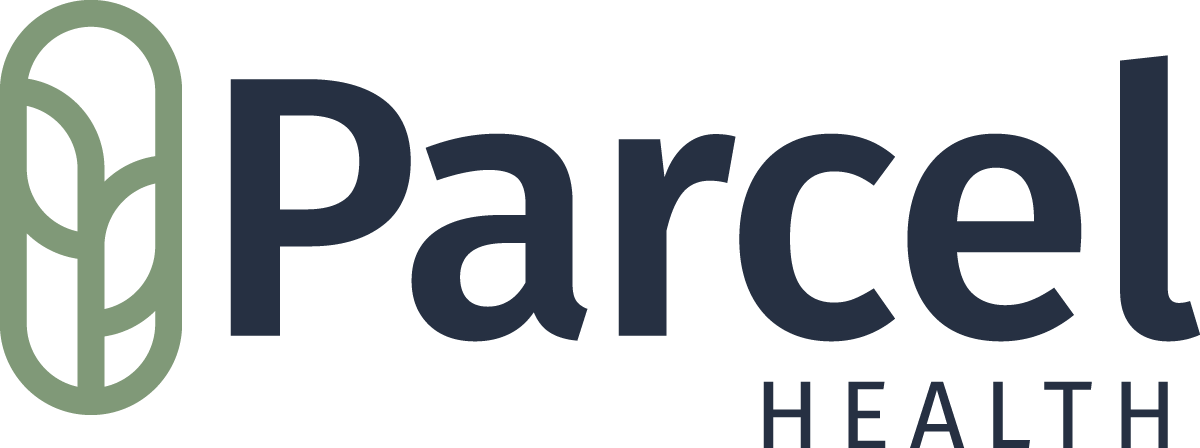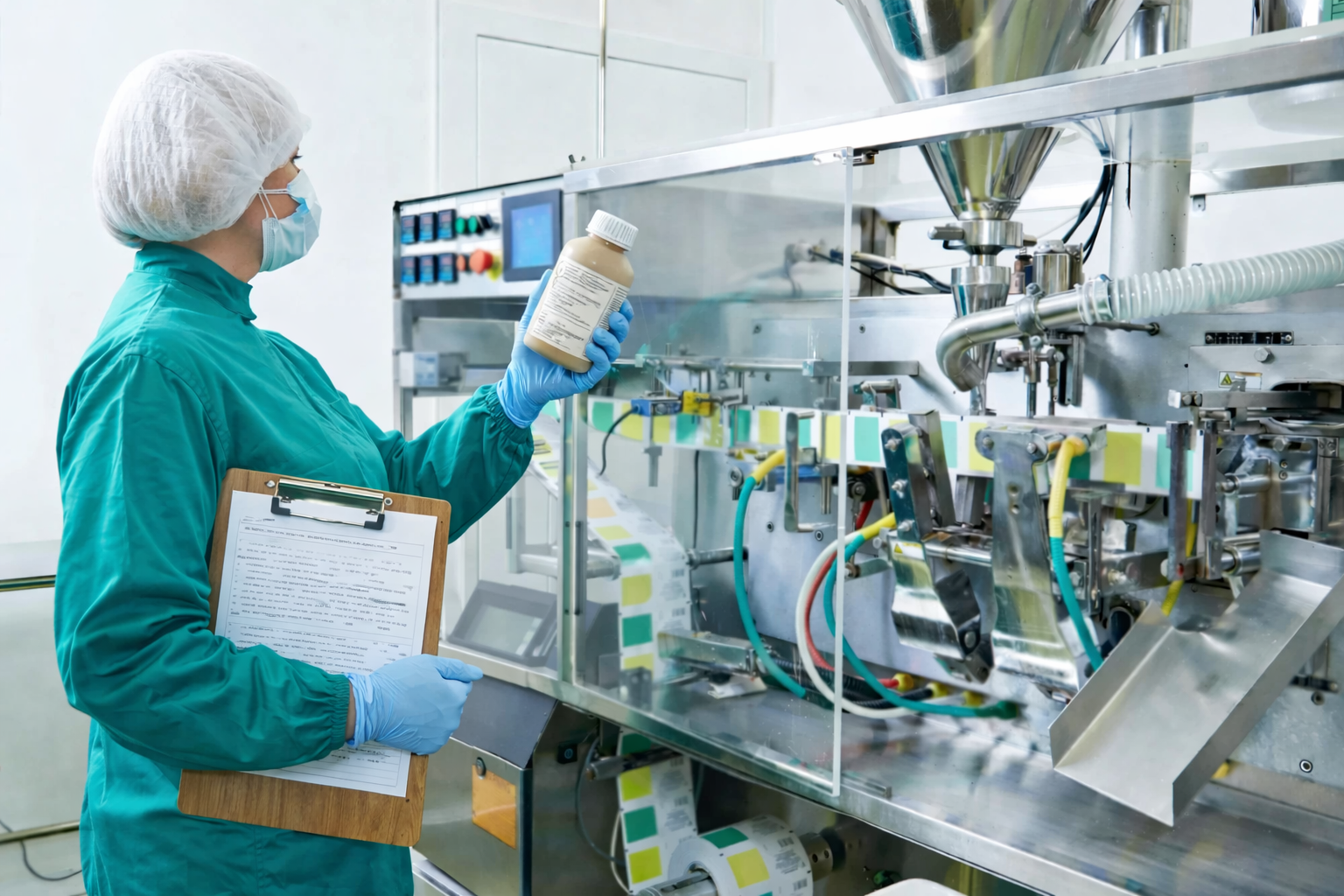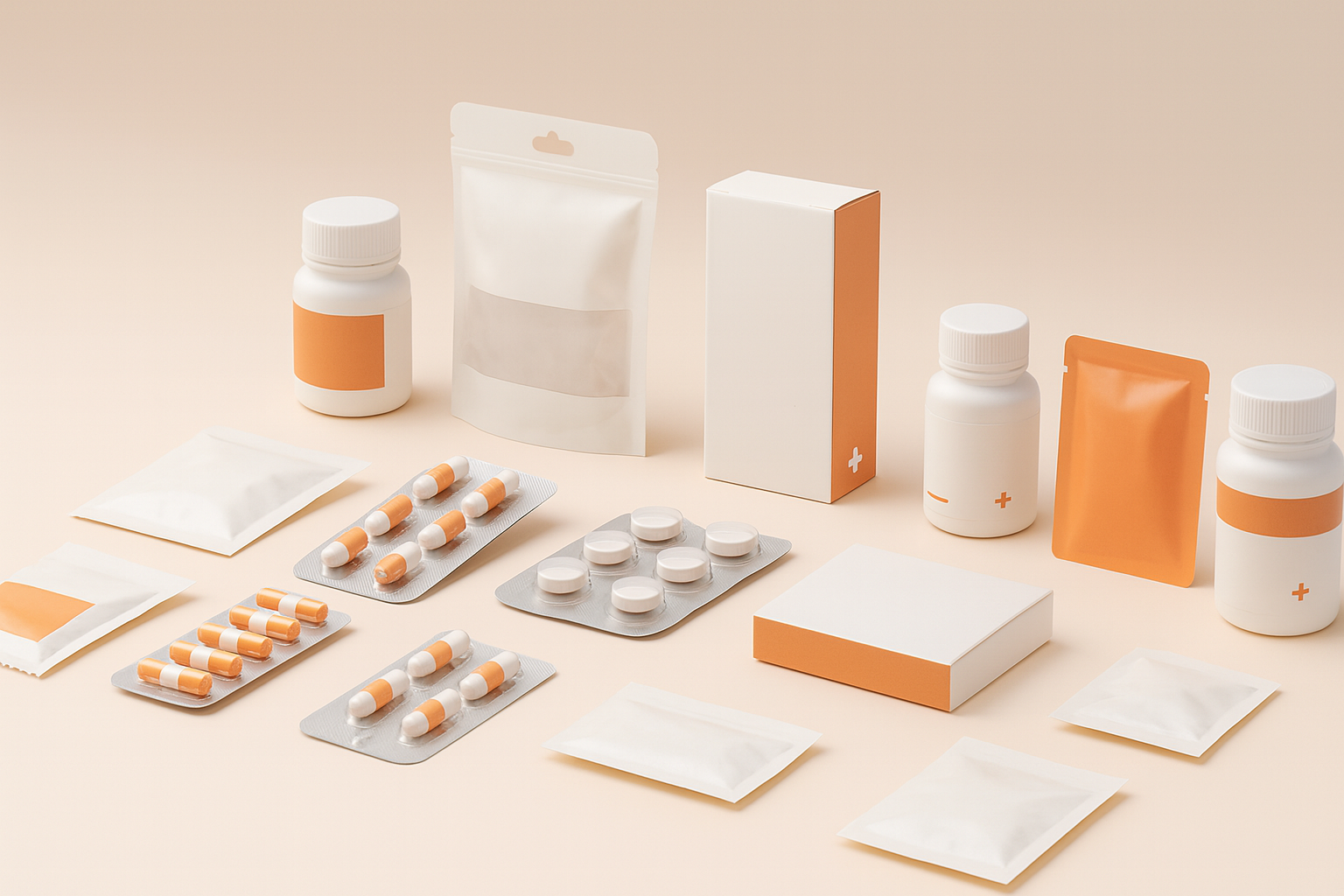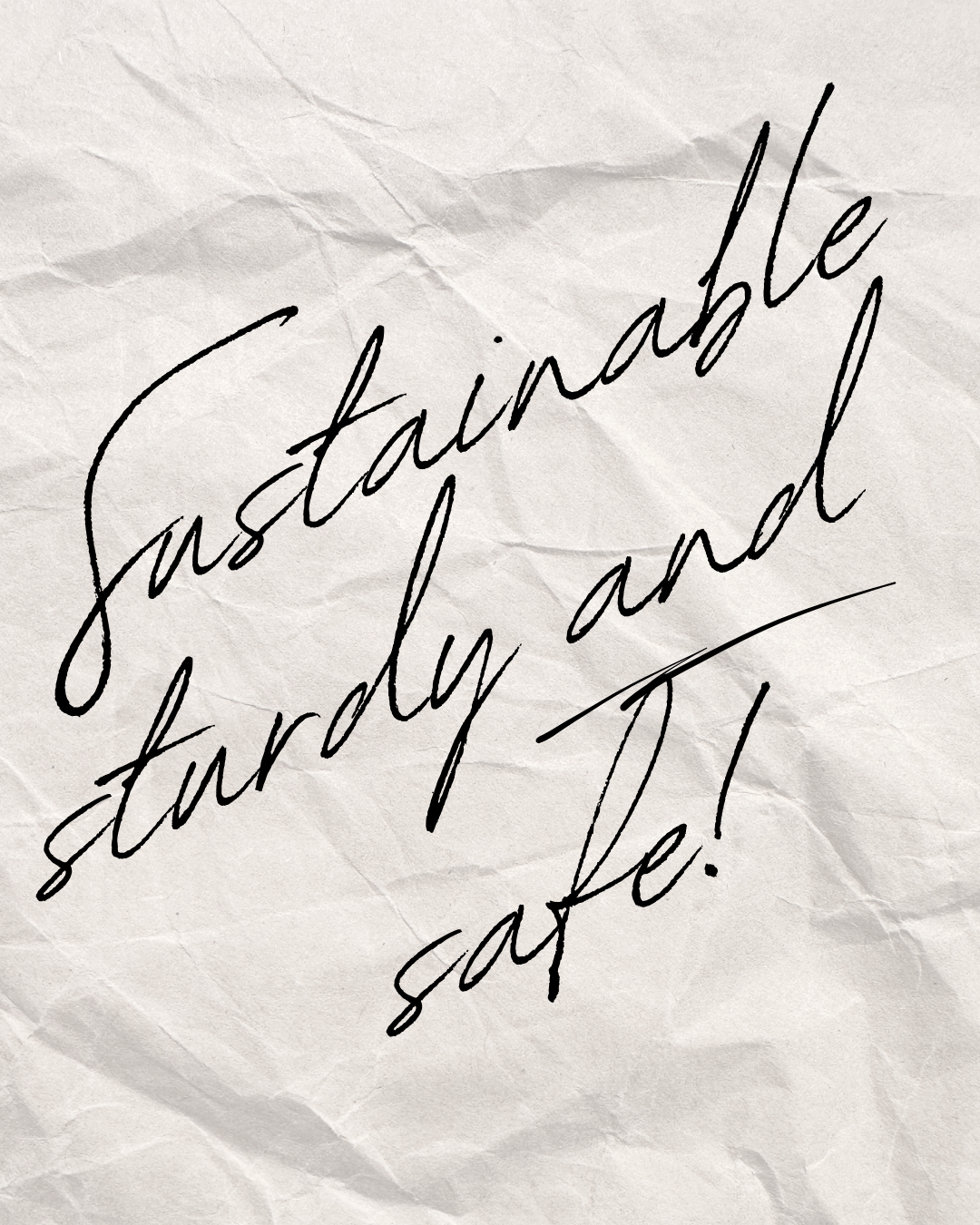July 30, 2025
The Problem With Plastic Pill Vials
The global pharmaceutical industry still produces billions of single-use plastic pill bottles every year, even as demand for sustainable and eco-friendly alternatives continues to rise. In the U.S. alone, Americans fill nearly 5 billion prescriptions annually, each one traditionally dispensed in plastic — a material that pollutes the environment long after the medicine is gone.
But a new wave of innovation, led by Parcel Health’s Tully Tube™, is proving there’s a better way forward.
Why Plastic Pill Vials Are a Problem
Plastic pill bottles are convenient — but they come at a steep environmental cost.
Made from polypropylene (#5 plastic), these containers can take centuries to decompose. Along the way, they fragment into microplastics that contaminate air, water, and soil, eventually entering the food chain and even human bloodstreams.
A study published in the National Institutes of Health confirms that microplastic exposure can trigger oxidative stress and inflammation in human cells, posing long-term health risks including hormonal disruption and developmental issues (PMC6966261).
And recycling? Unfortunately, it’s rarely an effective solution.
Most curbside programs in North America don’t accept #5 plastics, and even when they do, pill bottles often slip through sorting machines because of their small size. The result: hundreds of millions of prescription vials end up in landfills or incinerators every year.
According to a Fox News report, the pharmaceutical industry’s dependence on plastic has created an enormous waste stream — one that traditional recycling infrastructure can’t handle.
Introducing Tully Tube: A Sustainable, Paper-Based Alternative
That’s why Parcel Health developed Tully Tube — the world’s first fully recyclable, paper-based prescription packaging designed to meet pharmacy standards and environmental goals.
Made from Forest Stewardship Council-certified paperboard, the Tully Tube replaces plastic with renewable, responsibly sourced materials. It’s recyclable in standard paper streams, meaning patients can simply toss it in with paper or cardboard recycling — no special handling required.
But sustainability is only part of the story. Tully Tube’s design also prioritizes patient safety, medication protection, and ease of use.
The Features and Benefits of Tully Tube
- 100% Paper-Based and Fully Recyclable
Built from FSC-certified paperboard, Tully Tube can be recycled like any other paper product — no disassembly or confusion required. - Child-Resistant Cap.
- Moisture and Barrier Protection
Engineered with a proprietary Parcel Coat™ Tully Tube maintains optimal humidity control to preserve medication integrity — comparable to, or better than, traditional plastics. - Customizable and Brandable
Pharmacies and health systems can personalize the tube’s design, colors, and messaging — turning sustainable packaging into a daily patient touchpoint. - Lightweight, Stackable, and Efficient
Its paper construction reduces shipping weight and volume, cutting emissions in transit and simplifying pharmacy operations.
Why Paper Packaging Matters
The healthcare sector accounts for nearly 5% of global carbon emissions — and packaging is a significant contributor. A 2025 report from VialCycle highlights how single-use medical containers (like vials and bottles) have become a hidden waste crisis, urging pharmaceutical stakeholders to adopt closed-loop, recyclable alternatives.
Tully Tube answers that call.
By transitioning from plastic to paper, pharmacies can dramatically reduce landfill waste, lower carbon output, and align their operations with sustainability mandates from consumers, payers, and policymakers alike.
💚 A Simple Switch With a Lasting Impact
Switching to Tully Tube is an actionable way to:
- Reduce environmental footprint — by replacing fossil fuel–based plastic with a recyclable paper-based.bottle.
- Meet patient demand — for safer, greener, more joyful prescription experiences.
- Build brand loyalty — as a visibly sustainable pharmacy partner.
- Join a growing movement — toward paper-based innovation in healthcare.
Every Tully Tube shipped is a step toward a cleaner future — where safety, sustainability, and human wellness coexist in every prescription.
Sources
- Human Health Risks of Microplastics in the Environment — National Institutes of Health (PMC6966261)
- Pharma’s Plastic Prescription Bottle Problem Gets Paper Solution — Fox News Tech
- The Problem with Single-Use Vials and What We Can Do About It — VialCycle Blog
Others you might like
Check out some of our latest blog posts.



